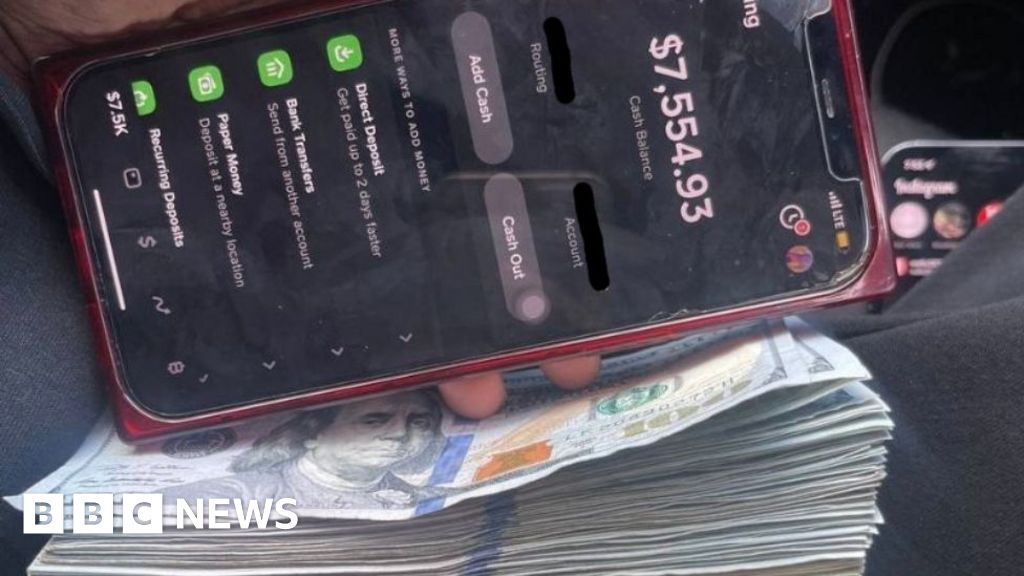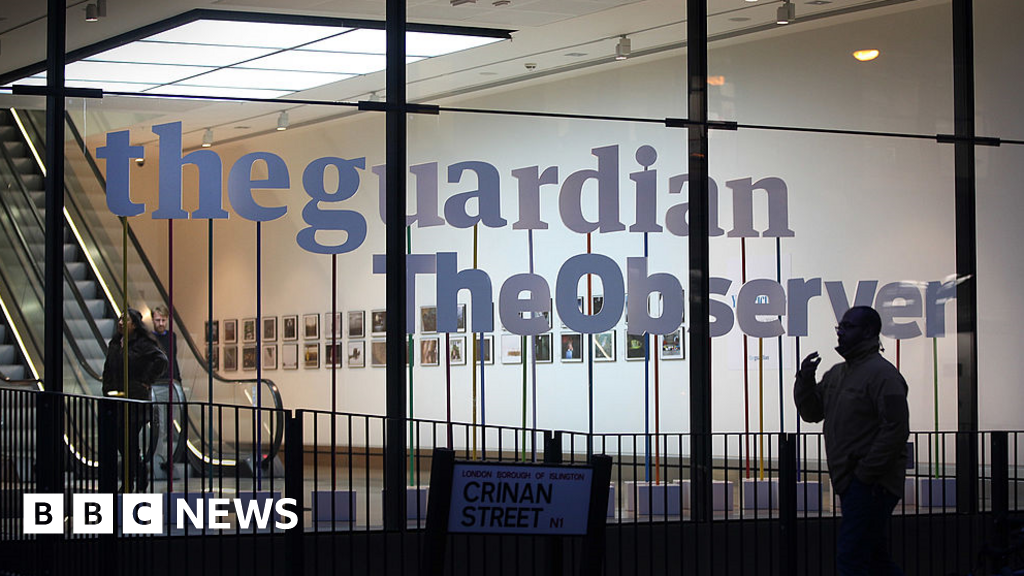The writer is author of ‘Black Wave’, distinguished fellow at Columbia University’s Institute of Global Politics and an FT contributing editor
The pager attack and Israeli missile strikes against Hizbollah targets have revealed deep and embarrassing security breaches within a group that long prided itself on the discipline and loyalty of its members.
The start of the Israeli bombing campaign against Lebanon on Monday punctured what was left of the longstanding narrative Hizbollah has sold to its base: that it can protect them and deter Israel. But events of the past week have also brought back to the surface deep schisms inside Lebanon and across the region about its role as a state within a state and a heavily armed regional paramilitary group.
Former CIA chief Leon Panetta described the pager attacks as a form of terrorism, with “terror going into the supply chain.” The long-term consequences, beyond Lebanon, of booby-trapping everyday objects on a large scale will unfold over time. In Lebanon, meanwhile, the terror was felt on a national level, in a small country, where sirens wailed for hours and panicked mothers unplugged their baby monitors.
There was a brief moment of general compassion. Political opponents expressed sympathy and said politics should be set aside for now. Lebanese of all confessions rushed to donate blood. It was the kind of compassion Hizbollah itself has never afforded its opponents — not in Lebanon, where it stands accused of assassinating former Prime Minister Rafiq Hariri and scores of others, nor in Syria, where it participated in the bloody civil war on the side of Bashar al-Assad.
Syrian dissident and intellectual Yassin Al Haj Saleh wrote on X that while schadenfreude among his compatriots in the wake of the pager attack was not something to be proud of, it was an understandable reaction. Syrians, he said, had been “killed, besieged and starved” by Hizbollah as it “helped a genocidal regime”. Shockingly, the gloating continued on Monday even as almost 600 people were killed in Israeli strikes, the deadliest single day in Lebanon since the civil war.
Hizbollah is now fighting without the popular and regional support it had during the previous face-off in 2006, when its leader Hassan Nasrallah became hugely popular in the region for staring down Israel. Assad, who owes his regime’s survival to Hizbollah and its patron Iran, as well as Russia, is missing in action. In New York, Iranian officials have signalled that they’re open to negotiations with the US.
Israel will see all this as an opportunity. Prime Minister Benjamin Netanyahu might think it also means the Lebanese will rise up against Hizbollah, or that the latter will relent as losses mount. But while its strategy might lie in ruins, Hizbollah will not admit defeat. And the Lebanese are too scared and tired to rise up in the middle of a war. There will also be a natural rallying together against Israel. Many Lebanese who oppose Hizbollah have also watched with horror as Gaza has been bombarded and flattened.
When Hizbollah launched rockets against Israel on October 8 last year in support of Hamas and Gaza, it tied Lebanon’s fate to a ceasefire in Gaza. But it never expected the conflict to last this long. Both Hizbollah and Iran repeatedly signalled that they didn’t want all-out war. They had settled into a balance between deterrence and a war of attrition — until last week, when Israel dramatically shifted gear.
In 2006, after a devastating war between Israel and Hizbollah which destroyed much of the country’s infrastructure and killed 1,200 Lebanese civilians, Nasrallah admitted that he would not have ordered the capture of Israeli soldiers on the border if he had known it would provoke such a devastating conflict. Today, Lebanon, a country with no president, a caretaker cabinet and barely functioning institutions, stands on the precipice of another devastating conflict.
There is a short window for international diplomacy to find a face-saving formula that would allow Hizbollah to extricate itself from the Gaza conflict and stand down for the sake of Lebanon. This would require, however, the kind of national coalition building inside Lebanon that historically has proven hard to achieve. Crucially, it also entails the Biden administration obtaining iron-clad guarantees from Israel that it too will step back.
Alas, 11 months into the war in Gaza, Joe Biden has shown himself unable or unwilling to extract promises from Netanyahu. And he will be even more loath to do so with an American presidential election just over a month away.




































































































































You must be logged in to post a comment Login